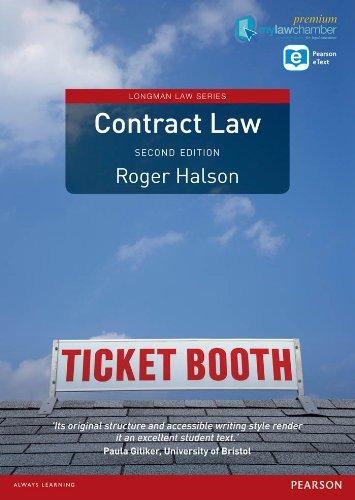Question
Paul, a third-year university student, was in the habit of selling his used textbooks at the conclusion of each term. He usually recouped about 50
Paul, a third-year university student, was in the habit of selling his used textbooks at the conclusion of each term. He usually recouped about 50 percent of their original cost. Unfortunately, when he posted his accounting textbook for sale online, he quickly discovered that a new edition of the book had been published, and there was little interest in his edition. He contacted the publisher using a fictitious name and requested a sample copy of the new edition. He told the publisher he was an accounting instructor considering adopting the book for a new course being introduced at the university. As a result, the publisher agreed to supply a copy of the new edition, provided that Paul paid the shipping cost and agreed to review the book for the publisher. Paul agreed. When Paul received the sample book, he promptly posted it for sale online. Joan, a second-year student at another university, was happy to purchase the new edition for 75 percent of the bookstore price. When Joan accessed the textbook website using the code provided with the book, the publisher became aware that the book was in the hands of a student and not an instructor. The publisher never would have agreed to release the book to a student without payment of the full list price. The publisher blocked Joan's access to the textbook website and demanded she return the book. If the matter goes to court, will Joan have to return the book? Why or why not? What recourse will Joan have against Paul?
Step by Step Solution
There are 3 Steps involved in it
Step: 1

Get Instant Access to Expert-Tailored Solutions
See step-by-step solutions with expert insights and AI powered tools for academic success
Step: 2

Step: 3

Ace Your Homework with AI
Get the answers you need in no time with our AI-driven, step-by-step assistance
Get Started


